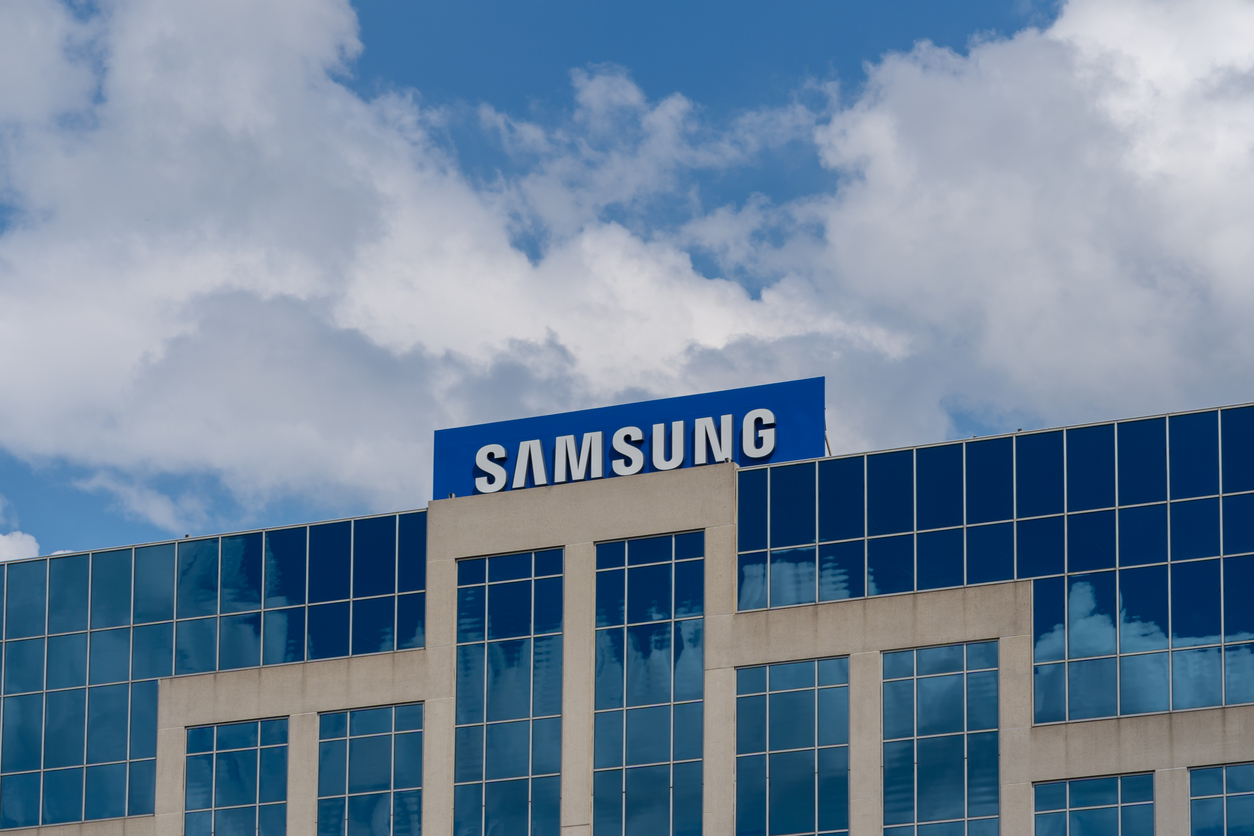Google employees unhappy with CEO’s pay bump, Samsung bans AI tools including ChatGPT
Plus, the perks and perils of remote work chatter.

Greetings, comms pros! Let’s look at some news stories from this week and see what lessons we can learn from them.
1. Samsung instructs employees to avoid AI tools over security concerns
Artificial intelligence has been a hot topic lately, and here at Ragan we’ve discussed it quite a bit. Now South Korean tech giant Samsung has told its employees not to use AI tech like ChatGPT, citing potential security issues.
The rule was communicated to staff in a memo which describes it as a temporary restriction while Samsung works to “create a secure environment” to safely use generative AI tools.
Samsung is evidently worried about employees playing around with the tool and not realizing that it’s a potential security risk.
“HQ is reviewing security measures to create a secure environment for safely using generative AI to enhance employees’ productivity and efficiency,” said the company’s internal memo, reports Bloomberg. “However, until these measures are prepared, we are temporarily restricting the use of generative AI.” As well as restricting the use of generative AI on company computers, phones, and tablets, Samsung is also asking staff not to upload sensitive business information via their personal machines.
With the rise of generative AI, it’ll be worth monitoring if other companies follow Samsung’s lead. Even the White House has set out some guidelines on the subject. While the prospects of it are both simultaneously exciting and concerning, we simply don’t know enough about the full impacts of AI yet. Setting these types of ground rules will help us better harness this very powerful tech and develop the ethical frameworks that we need to put up around it.
2. Google employees express displeasure about CEO’s pay raise
Google hasn’t had the smoothest run of things in the public forum as of late. From questionable comments about job cuts from CEO Sundar Pichai to employees calling out the company’s perceived lack of direction, it’s been a bumpy few months. Now, on the heels of Pichai’s major pay bump, some Google employees aren’t too pleased.
In the weeks since Pichai’s annual compensation was made public, internal Google platforms have filled with conversations and memes slamming the CEO for taking a pay bump while slashing costs elsewhere. Some employees also criticized the share repurchase, which equaled its 2022 buyback.
More than a dozen memes from employees have filled Google’s internal discussion forums, many with several hundred likes, according to posts viewed by CNBC. One meme with more than 1,200 likes referred to comments from finance chief Ruth Porat, who wrote last month in a rare companywide email that the company is making “multi-year” cuts to employee services. CNBC found cuts ranged from employee laptops and expenses to fitness classes and cafe items.
“Ruth’s cost savings applied to everyone… except our hardworking VPS and CEO,” the meme said.
To put it mildly, this is not a good look. If you’re a leader, you should try your best to lead by example. Cutting costs and jobs within an organization and then turning around to take a multimillion-dollar pay raise isn’t going to garner you a lot of sympathy or understanding from employees who are seeking out direction from their leaders. This is a reminder that the timing and optics of your decisions matter—even when they seem to be internal, and especially if multiple sets of stakeholders are watching to see what you do next. It’ll be interesting to see where this story develops from here in the coming months.
3. The positives and negatives of remote work chatter
At this point, we know remote and hybrid work isn’t going away. We know that it’s shown to be beneficial to mental health. But what happens to the water cooler talk when there’s no physical office to be had?
[T]he current reality of hybrid work has made the normal channels of office gossip – watercooler whispers and desk-side chats – more difficult. A new era of workplace surveillance and digital communication has raised the stakes around venting about a boss or other colleagues. More than ever, workers now run the risk of having their complaints monitored by suspicious bosses, something most people would like to avoid amid the current rounds of layoffs.
“As soon as technology is involved, the risk of gossiping is amplified,” says McAndrew. “More bad things can happen more quickly.”
Even in light of these concerns, many employees will continue sharing information and opinions to socialize and stay up to date on office politics with their colleagues.
Humans are social beings — that much is simple and isn’t going to change, no matter where we work from. But there might be some weight to being able to keep up on the goings on in the office in person. Our off-the-record conversations with coworkers in the “before times” pre-COVID weren’t subject to monitoring — with everything online, we run the risk of having everything documented. Will this have a longer-term impact on how we talk to our coworkers? Perhaps, perhaps not. But this is a trend to monitor.
4. How about some good news?
- A Chinese Mars rover found evidence of liquid salt water on the Red Planet.
- The FDA approved the first vaccine for RSV.
- Sweden announced the world’s first EV charging road.
- Ragan Training is great for communications pros to find inspiration and resources.
- You should be rewarded for your work. Find out how to earn an award here!
Have a great weekend comms all-stars!
Sean Devlin is an editor at Ragan Communications. In his spare time he enjoys Philly sports, a good pint and ’90s trivia night.







